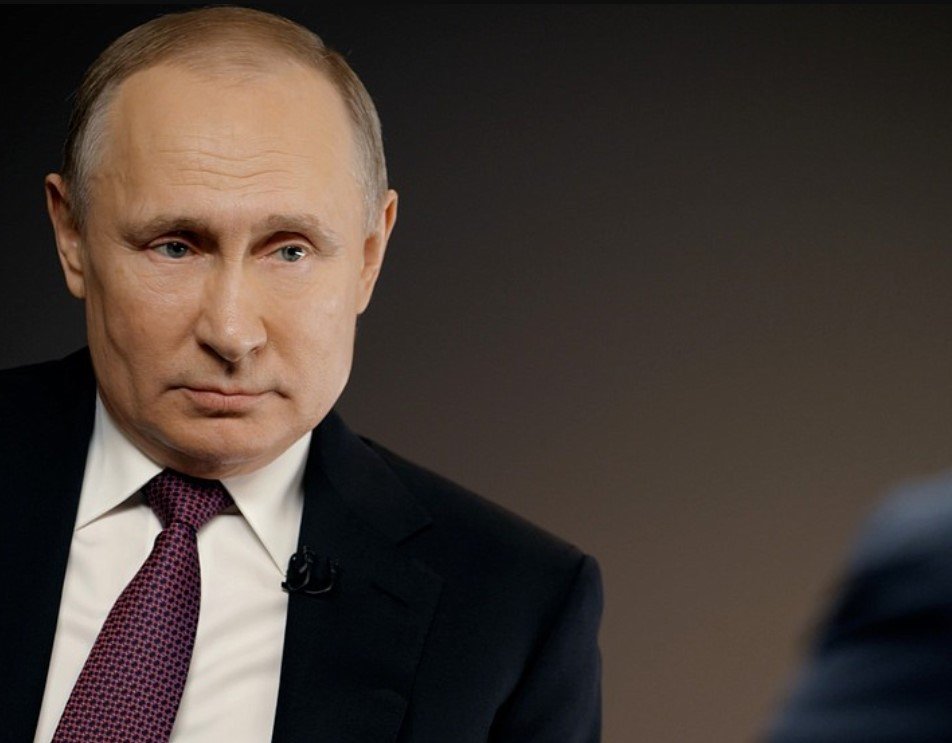Russian President Vladimir Putin has given an exclusive interview to conservative US media personality Tucker Carlson, which will air on Thursday night. The interview, which was recorded on Tuesday, will stream on Mr Carlson’s website and will also be posted to X, formerly known as Twitter. This is the first time Mr Putin has agreed to an interview with a Western media outlet since he launched his full-scale invasion of Ukraine in 2022.
Why did Putin choose Carlson?
Mr Carlson, who was fired by Fox News last year after reportedly falling out of favour with owner Rupert Murdoch, has rebounded rapidly since he launched his new media company on X. He has a large and loyal following among conservative Americans, who are often sceptical of US involvement in global conflicts and critical of the Biden administration’s foreign policy.
Mr Putin may have seen an opportunity to reach out to this audience and present his views on the Ukraine crisis, which have been largely ignored or dismissed by mainstream US media. He may also hope to influence some Republican lawmakers, who have been divided over whether to support new military aid for Ukraine, which is desperately needed to counter the Russian aggression.

What did Putin say in the interview?
According to the Kremlin, Mr Putin and Mr Carlson discussed a range of topics, including the situation in Ukraine, the US-Russia relations, the Covid-19 pandemic, the climate change, and the human rights. Mr Carlson has not revealed much about the content of the interview, but he has teased some of the highlights on his website.
He claims that Mr Putin made some “surprising” and “provocative” statements, such as:
- Accusing the US of provoking the war in Ukraine by supporting the 2014 revolution that ousted the pro-Russian president Viktor Yanukovych
- Denying that Russia has any territorial ambitions in Ukraine and insisting that he is only defending the rights of the Russian-speaking minority
- Criticizing the US for imposing sanctions on Russia and interfering in its domestic affairs
- Questioning the effectiveness and safety of the Covid-19 vaccines developed in the West
- Challenging the US to join Russia in a global effort to combat climate change and reduce greenhouse gas emissions
- Defending his record on human rights and democracy and accusing the US of hypocrisy and double standards
How did the US and Ukraine react to the interview?
The US government has not officially commented on the interview, but some sources have expressed their dismay and disappointment. They have accused Mr Carlson of giving Mr Putin a platform to spread his propaganda and misinformation, and of failing to challenge him on his lies and crimes. They have also urged the American public to be wary of Mr Putin’s motives and not to fall for his charm offensive.
The Ukrainian government has also condemned the interview, calling it a “disgrace” and a “betrayal” of the Ukrainian people. They have accused Mr Putin of trying to justify his aggression and occupation of Ukrainian territory, and of seeking to undermine the international support for Ukraine’s sovereignty and territorial integrity. They have also appealed to the US and other Western allies to stand by Ukraine and provide it with the necessary assistance to defend itself against the Russian threat.
What are the implications of the interview?
The interview is unlikely to change the course of the war in Ukraine, which has reached a stalemate after almost two years of fierce fighting. Neither side seems willing or able to make any significant concessions or breakthroughs, and the diplomatic efforts to resolve the conflict have stalled. The interview may also have little impact on the US-Russia relations, which are at their lowest point since the Cold War. The two countries have been locked in a cycle of mutual distrust, hostility, and confrontation, and have few areas of cooperation or dialogue.
However, the interview may have some effects on the public opinion and the political debate in the US and other Western countries. It may expose some of the gaps and divisions among the American people and the lawmakers over the role and the responsibility of the US in the world, and especially in Europe. It may also challenge some of the assumptions and narratives that have dominated the Western media and the discourse on the Ukraine crisis, and offer a different perspective and a voice that has been largely silenced or ignored.



































